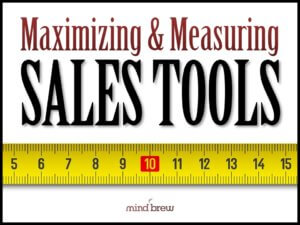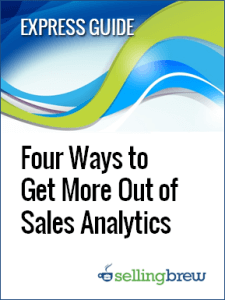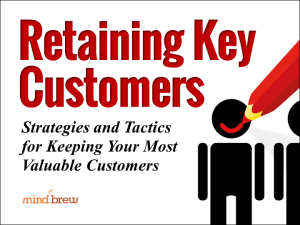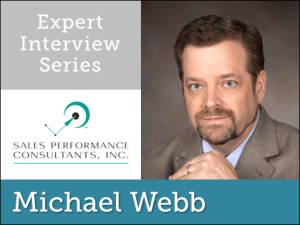It’s funny how labels have a way of throwing people off. Call a new technology “marketing automation” and the sales groups who should be paying the most attention will see the word “marketing” and conclude that it’s irrelevant and not for them.
But don’t let the label fool you—in a recent SellingBrew Playbook interview with Debbie Qaqish of The Pedowitz Group entitled, “How Marketing Automation Is Transforming Sales,” I learned just how inaccurate that label may really be. In fact, it became clear to me that as beneficial as this technology is to marketing teams, B2B sales groups are really the ones with the most to gain.
The in-depth discussion with Debbie covered a lot of ground—from the changes in today’s selling dynamics and the fundamentals of the technology itself to real-world examples of how leading companies are using it to hit their numbers more consistently. And while you’ll have to listen to the interview or read the transcript to glean every nugget of wisdom Debbie shared, here are three dynamics that demand your attention:
- Research shows that prospects are 60-70% of the way through their decision-making process before ever interacting with your reps. In other words, 60-70% of the sales cycle is actually taking place through prospects’ interactions with your website, email campaigns, etc.
- Most likely, your marketing team doesn’t understand your prospects’ needs and pain-points well enough to make these “digital dialogs” as relevant, compelling, and differentiated as they really need to be in today’s competitive environment.
And the combination of these two dynamics inevitably leads us to the third:
- If you’re not involved in the implementation and utilization of the marketing automation tools that enable these digital dialogs, then you really aren’t involved in the bulk of the sales cycle, and are very likely losing a lot of sales before your team even gets a chance.
In the interview, I thought Debbie summed it up nicely when she said:
If I were a VP of Sales today, I would want to own the marketing automation tool. As the VP of Sales, I would like to be the person who’s in control of the conversations that are happening from the very top of the funnel to the very end of the funnel. Right now, that capability is firmly in the hands of marketing, who quite often does not know how to handle it.
So again, don’t let the label fool you. This technology might be called marketing automation, but when you understand what it does and why, you’ll recognize that it’s really a sales tool—a sales tool for how the world works today.











